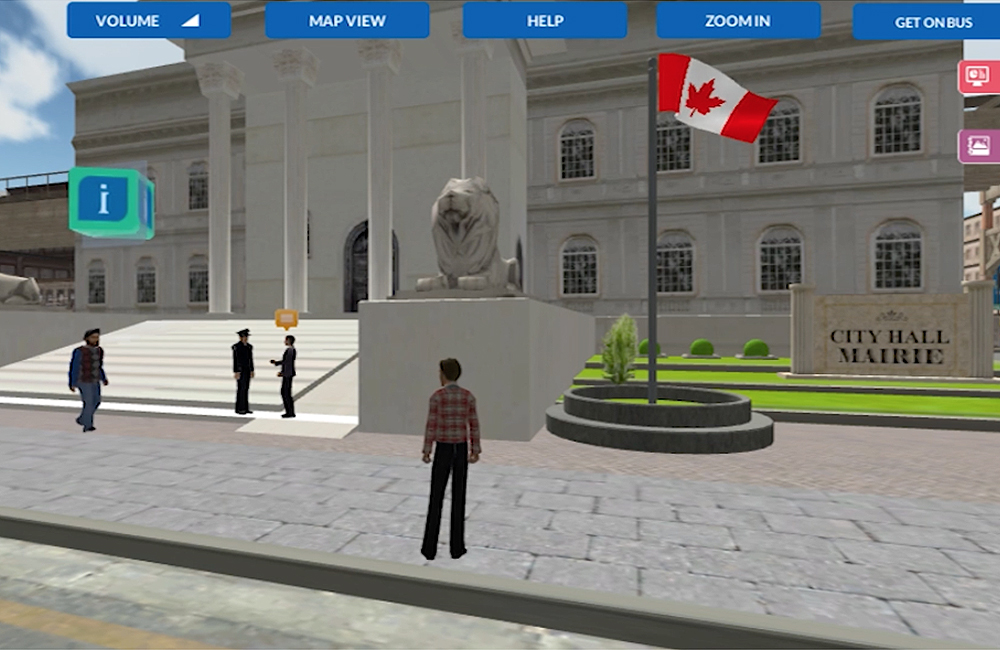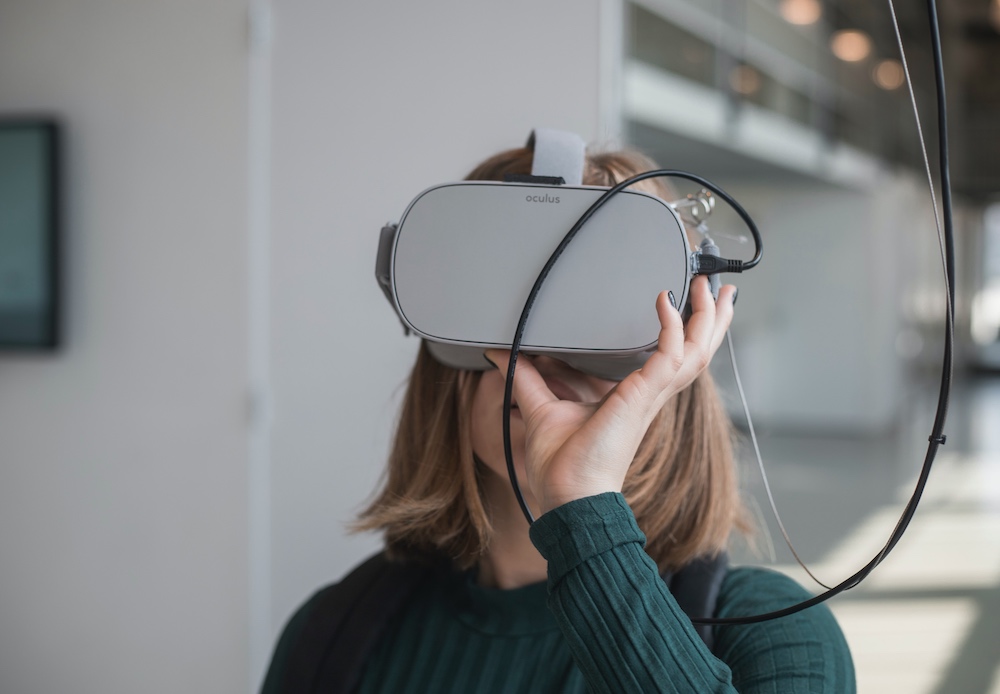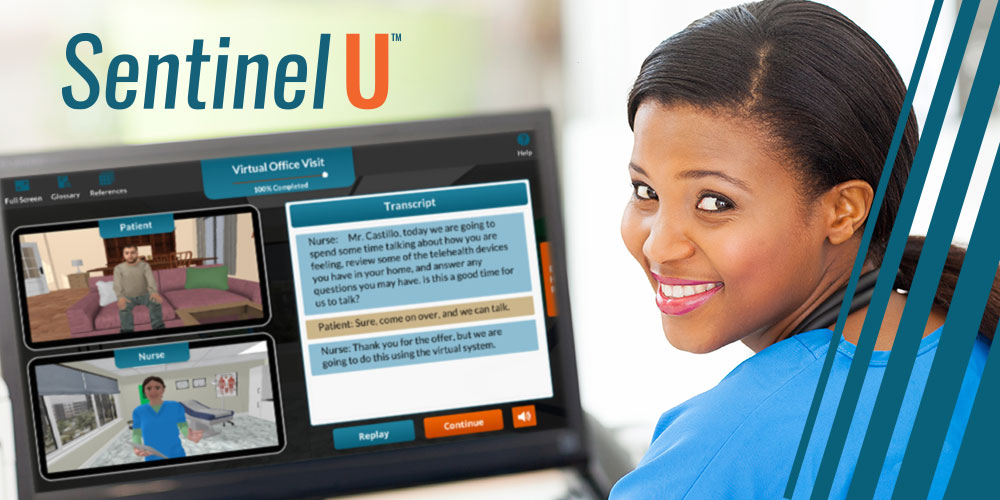The goal of healthcare simulation has always been to improve education and training amongst medical professionals to ultimately improve patient safety and reduce medical errors. To help exemplify the impact the field of clinical simulation is having on patient care, research has been conducted to assess the effectiveness of practice. For example, healthcare simulations and learning company, Sentinel U, set out to determine if the company’s Sentinel City solution was in fact able to improve learning outcomes. This HealthySimulation.com article shares data revealed through a new academic research study conducted by several universities across three providences in Canada.
A provider of web-based simulation education technology solutions for nursing schools, hospital systems, and healthcare professionals, Sentinel designed Sentinel City enhanced online learning platform that incorporates virtual urban locations, data, and demographics. This was so that nursing learners could use the solution to develop advanced observation techniques, cultivate critical thinking skills, and practice professional caring for a patient population – all in a risk-free learning environment. Available today, the immersive virtual simulation boasts diverse neighborhoods that provide learners the unique opportunity to interact with a wide demographic of patients – from geriatric to pediatric – and from different socioeconomic levels.
This Sentinel City product study sought to evaluate the impact of healthcare simulation on learning outcomes for nursing students enrolled in community healthcare nursing courses. According to Sentinel U, the data was collected between November 2020 and August 2021 and revealed that participants demonstrated high confidence in many areas. These areas included communication, collaboration, and leadership; legal, ethical, and professional accountability; and critical thinking.
In the end, the study was able to determine that positive learning outcomes were produced by nursing students who used Sentinel City. Additionally, the study offered four key recommendations for institutions to consider, such as the use of simulation embedded in the curriculum. This would include providing learners with opportunities for self-evaluation and offering clinical instructors an in-depth orientation.
“Virtual simulation has become an increasingly important tool for providing nursing students with the confidence and experience to excel in their careers, and the results of this study validate this notion,” said Dr. Laura Gonzalez, vice president of clinical learning resources at Sentinel U. “Data from studies like this helps us strengthen our course offerings and address the needs of nursing students.”
The company announced that future studies will evaluate Sentinel City’s sister program, Sentinel City Canada. Currently, learner data is in the collection phase and will be reported later this year.
The community and population health virtual simulation was created by Sentinel U and completed by researchers from Dalhousie University, McMaster University, Fanshawe College, Nipissing University, St. Lawrence College, University of Windsor, British Columbia Institute of Technology, Lakehead University, St. Claire College, and the University of British Columbia.
More About Sentinel City
From the minds of nurse leaders and educators, Sentinel City v.5 uses proven, results-based best practices to challenge nursing learners, drive critical thinking in a simulated public health scenario, and prepare them for success as they embark on their nursing careers.
Learners can interview diverse citizens and key informants, engage in family support and home assessment and explore different businesses, neighborhoods, and services on a new narrated bus tour through the use of this solution. While the hours and activities within this immersive platform are almost limitless, many use Sentinel City to earn up to 30 hours for each of their learners.
Learners can enjoy the variety that comes with the Assignment Catalog; this virtual city can cover everything from community assessments and infection prevention and control issues to natural disasters and population-focused interventions. Plus, nurse educators have access to a portal featuring comprehensive resources such as an upgraded faculty guide, a new searchable assignment catalog, and grading rubrics to augment and enhance their curriculum.
Further, learners can utilize the new Sentinel City v.5 datasets to meet Public Health core competencies such as biostats, epidemiology, demography, workplace health, infectious diseases, community assessment, and program planning and evaluation. Using these datasets – all from authentic sources, the public health nurse can make assessments in the areas of community health status, social determinants of health, social justice, and disease prevention.
More About Sentinel U
Sentinel U is a leading provider of health care simulations and learning innovations for nursing students and healthcare professionals. Its authentic virtual simulations and clinical experiences are the best practice in engaging learners in real-world scenarios to gain unparalleled clinical judgment and critical thinking experience. A division of American Sentinel College of Nursing & Health Sciences at Post University, Sentinel U is an industry leader in virtual simulation education for more than 130,000 learner experiences worldwide.
To date, Sentinel U has been used and trusted by over 200 schools and healthcare organizations across the United States and Canada. Through the customization of a healthcare simulation package, programs can work to expedite the success of their nursing learners.







